OpenAI has stated it's essential to use copyrighted content to train AI models such as ChatGPT, as modern AI systems require vast amounts of data to meet current demands. Following lawsuits from The New York Times and a group of authors, OpenAI maintains that their training methods fall under "fair use." The New York Times strongly disagrees, implying that the use of their journalism to train AI models without payment or permission is theft. OpenAI's valuation by investors now surpasses $80 billion, bolstered by Microsoft’s significant investment, as they continue to incorporate OpenAI's technology into products like their Bing search engine. Court decisions will potentially shape the future impact of AI on industries like journalism.
What is the current legal status of AI-generated art?In August, a U.S. District Judge supported a U.S. Copyright Office finding that AI-art cannot be copyrighted, indicating that the "nexus between the human mind and creative expression" is vital for copyright protection, a viewpoint dating back to 2018.
About OpenAI and ChatGPT: OpenAI was founded in December 2015 as a non-profit artificial intelligence research company with the goal of promoting and developing friendly AI in a way that benefits humanity as a whole. ChatGPT, one of OpenAI’s developments, is a conversational AI model designed to simulate human-like dialogue and provide responses across various topics. The technology has profound implications for fields such as customer service, education, and entertainment, sparking debates and legal discussions about the ethics and legality of using copyrighted material to train AI systems.

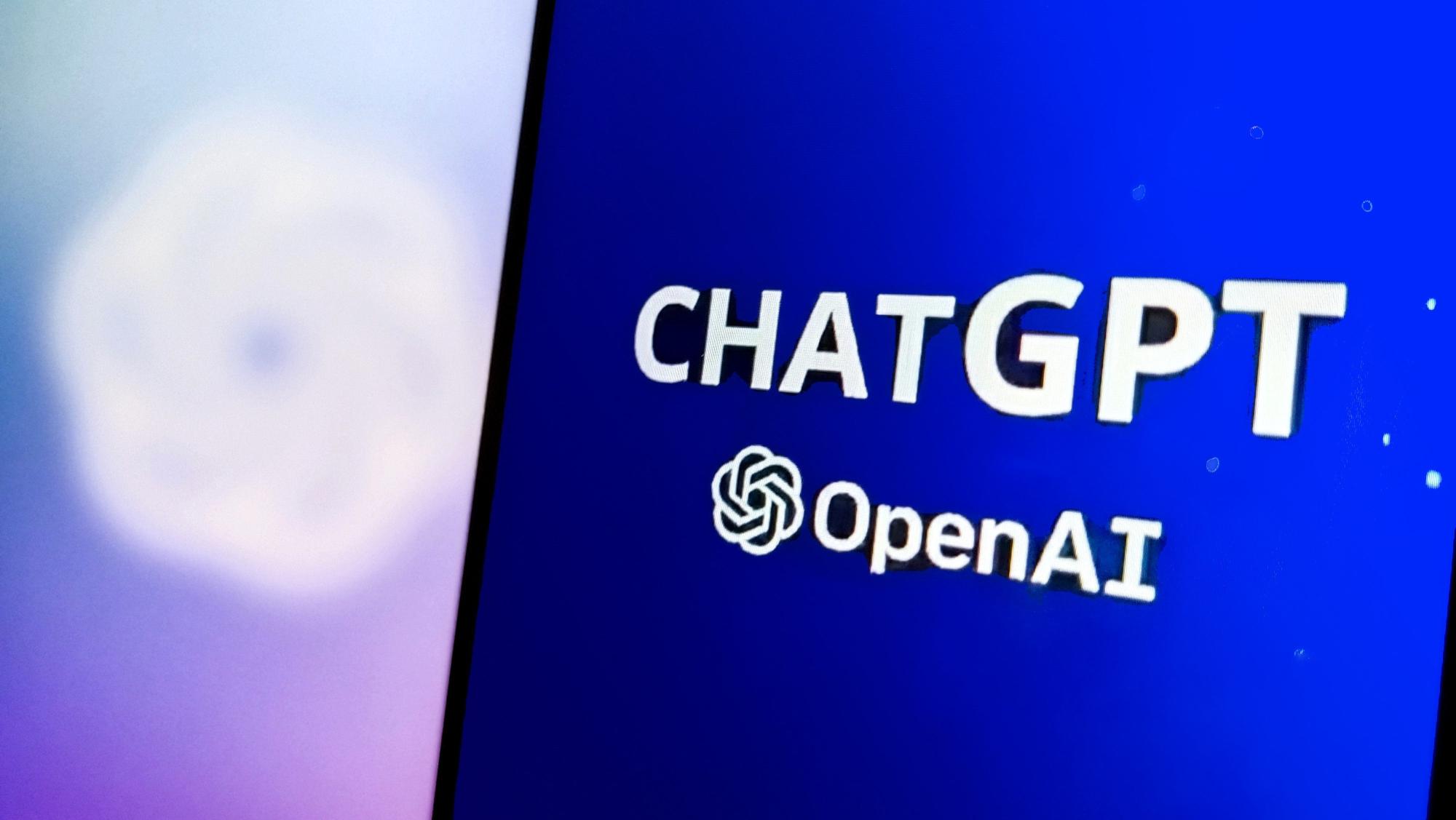
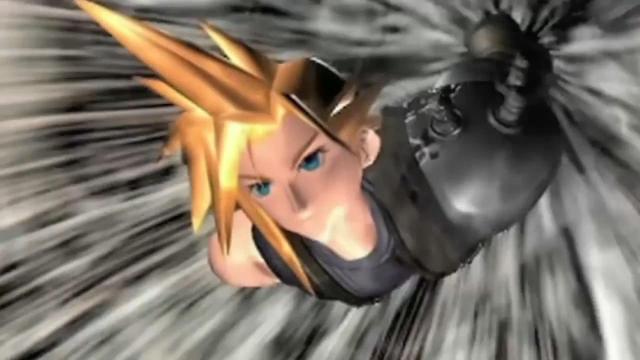
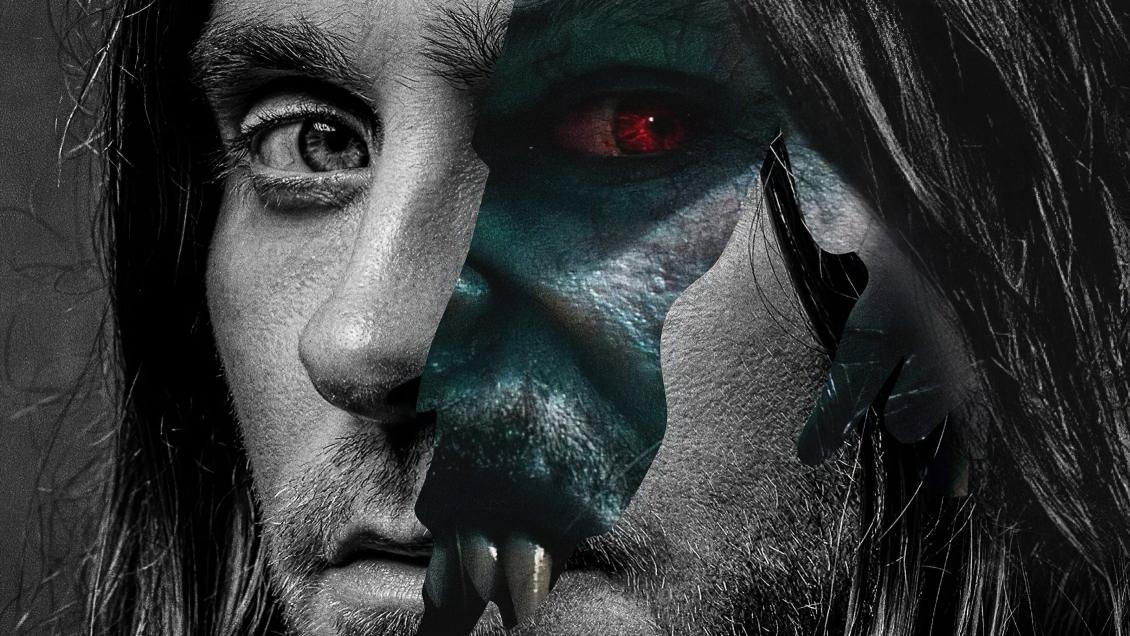
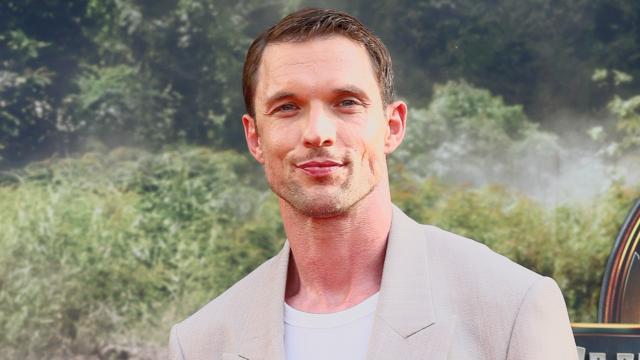
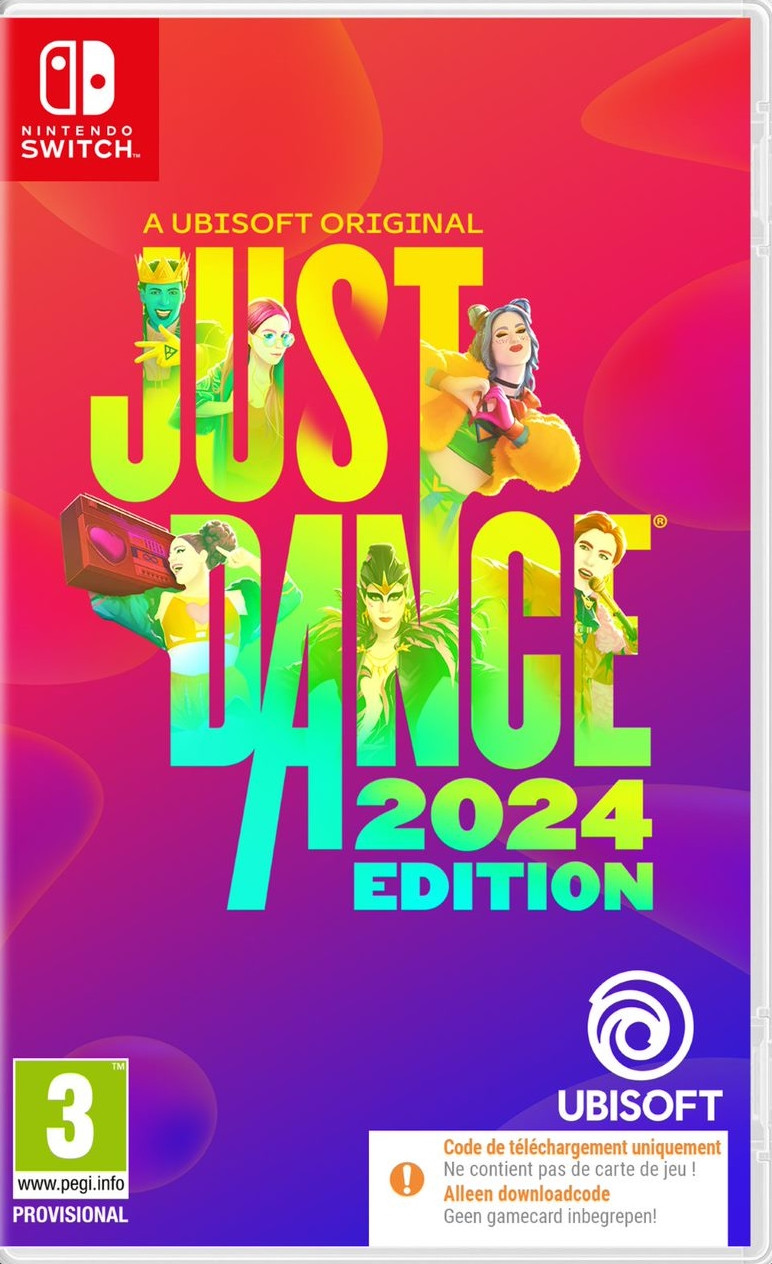
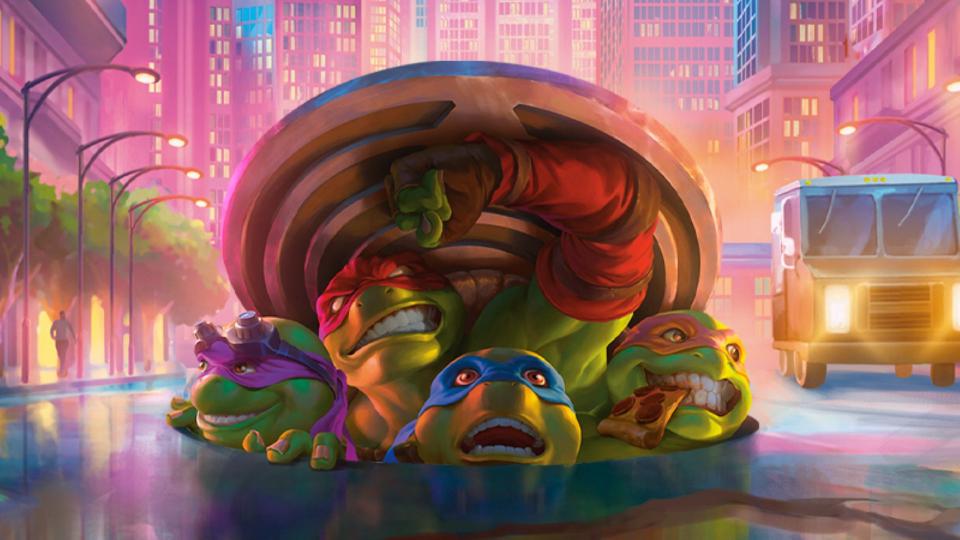
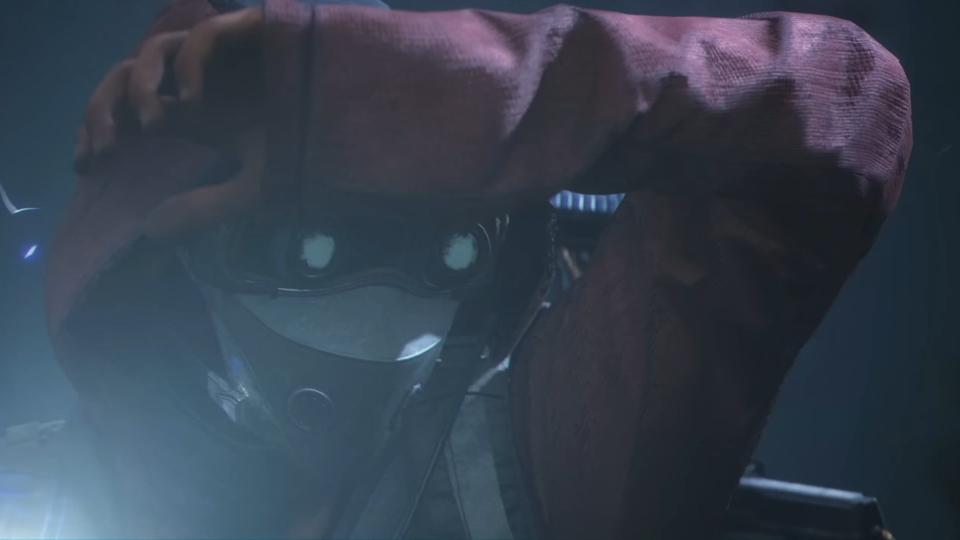
Comments
No comments yet. Be the first to comment!